Independence Day 2019 | With India gearing up to celebrate its 73rd year of Independence on 15 August, the day serves as a great reminder of all the sacrifices made by freedom fighters, as India fought for its independence from British rule. After India gained its hard-fought Independence on 15 August, 1947, Jawaharlal Nehru, the first Prime Minister of India, raised the National Flag at the Red Fort in Delhi. With the completion of 72 years of Independence, India has made progress in every field, from education to military and space programmes. Every Independence Day, flag hoisting ceremonies take place and cultural programmes are held in governmental and non-governmental institutions all over the country. President Ram Nath Kovind will deliver a speech to the nation on Wednesday (14 August) at 7 pm and
Prime Minister Narendra Modi
will address the nation on Thursday (15 August) from the ramparts of Red Fort. Before his speech, the Tricolour will be hosted followed by the singing of the national anthem and a 21-cannon salute to pay respect to freedom fighters. On this occasion, as every Indian living in any part of the world, remembers and honours the sacrifice made by our freedom fighters so we could be born in an independent nation, let’s take a look at some of their powerful messages that resonate even today. Subhash Chandra Bose [caption id=“attachment_7162761” align=“alignnone” width=“850”]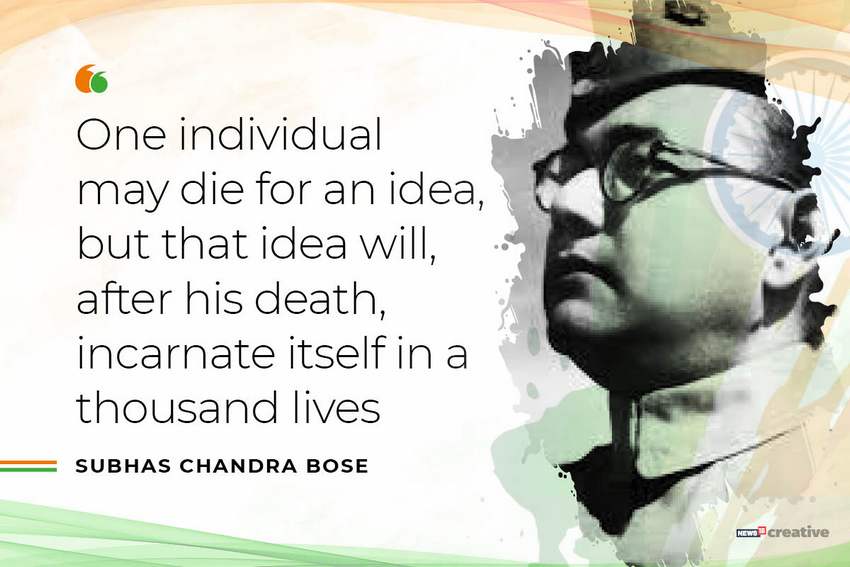 An Indian revolutionary prominent in the independence movement against British rule of India. He also led an Indian national force from abroad against the Western powers during World War II.[/caption] Bhagat Singh [caption id=“attachment_7162801” align=“alignnone” width=“850”]
An Indian revolutionary prominent in the independence movement against British rule of India. He also led an Indian national force from abroad against the Western powers during World War II.[/caption] Bhagat Singh [caption id=“attachment_7162801” align=“alignnone” width=“850”]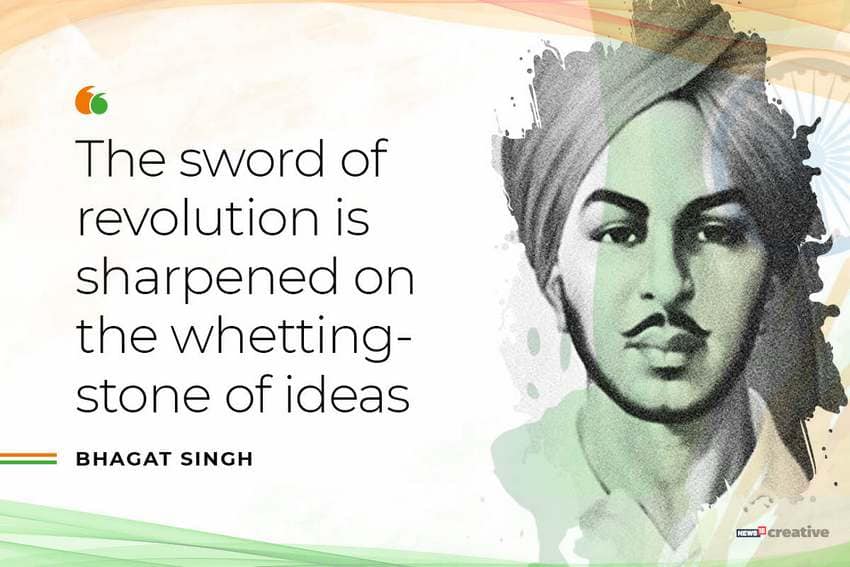 Bhagat Singh began to protest British rule in India while still a youth and soon fought for national independence. He also worked as a writer and editor in Amritsar for Punjabi- and Urdu-language newspapers espousing Marxist theories.[/caption] Mahatma Gandhi [caption id=“attachment_7162891” align=“alignnone” width=“850”]
Bhagat Singh began to protest British rule in India while still a youth and soon fought for national independence. He also worked as a writer and editor in Amritsar for Punjabi- and Urdu-language newspapers espousing Marxist theories.[/caption] Mahatma Gandhi [caption id=“attachment_7162891” align=“alignnone” width=“850”]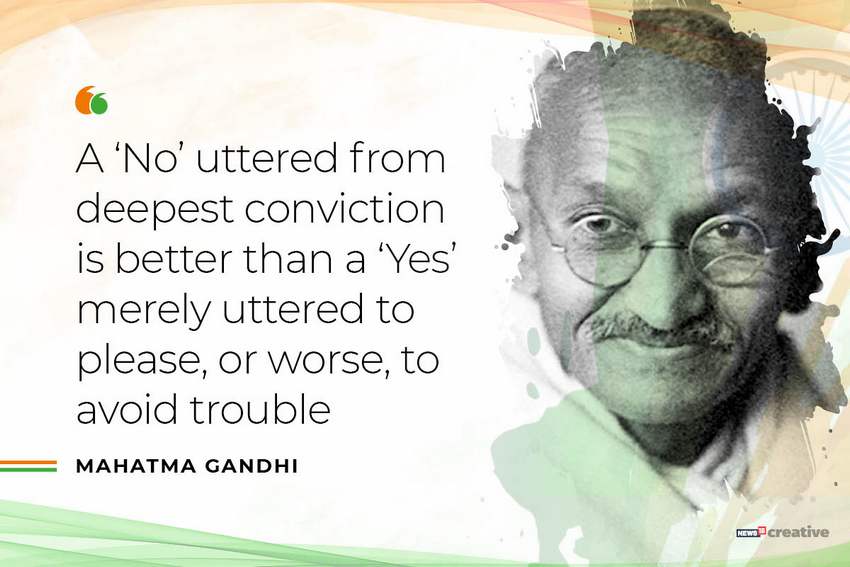 The father of the nation, Mahatma Gandhi is internationally esteemed for his doctrine of nonviolent protest or satyagraha to achieve political and social progress.[/caption] Chandra Shekhar Azad [caption id=“attachment_7162901” align=“alignnone” width=“850”]
The father of the nation, Mahatma Gandhi is internationally esteemed for his doctrine of nonviolent protest or satyagraha to achieve political and social progress.[/caption] Chandra Shekhar Azad [caption id=“attachment_7162901” align=“alignnone” width=“850”]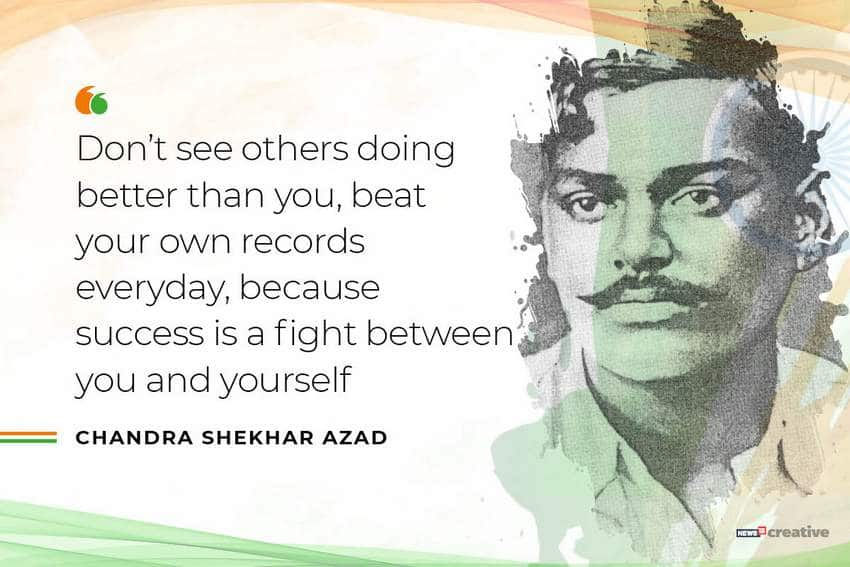 Known for his organisational skills, Chandra Shekhar Azad played a key role in reorganising the Hindustan Republican Association (HRA) as the Hindustan Socialist Republican Association after most of the HRA’s members had been killed or imprisoned.[/caption] Sarojini Naidu [caption id=“attachment_7162961” align=“alignnone” width=“850”]
Known for his organisational skills, Chandra Shekhar Azad played a key role in reorganising the Hindustan Republican Association (HRA) as the Hindustan Socialist Republican Association after most of the HRA’s members had been killed or imprisoned.[/caption] Sarojini Naidu [caption id=“attachment_7162961” align=“alignnone” width=“850”]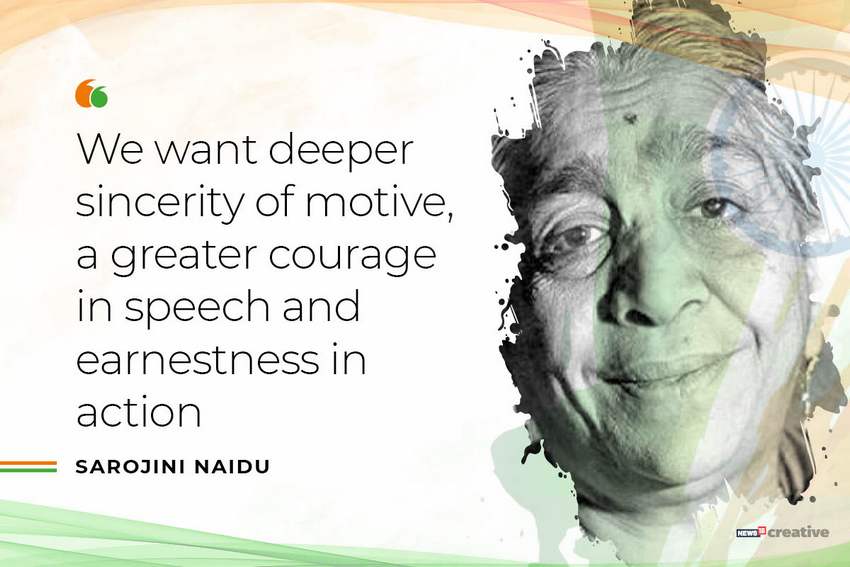 A political activist, feminist and a poet, Sarojini Naidu was the first Indian woman to be president of the Indian National Congress (INC) and was appointed an Indian state governor. She was sometimes called “the Nightingale of India”.[/caption]
A political activist, feminist and a poet, Sarojini Naidu was the first Indian woman to be president of the Indian National Congress (INC) and was appointed an Indian state governor. She was sometimes called “the Nightingale of India”.[/caption]
Independence Day 2019: From Subhash Chandra Bose to Mahatma Gandhi, a look at powerful quotes by freedom fighters
FP Staff
• August 14, 2019, 12:50:22 IST
On the occasion of Independence Day, with every Indian remembering and honouring the sacrifice made by our freedom fighters so we could be born in an independent nation, let’s take a look at some of their powerful messages that resonate even today.
Advertisement
)
End of Article